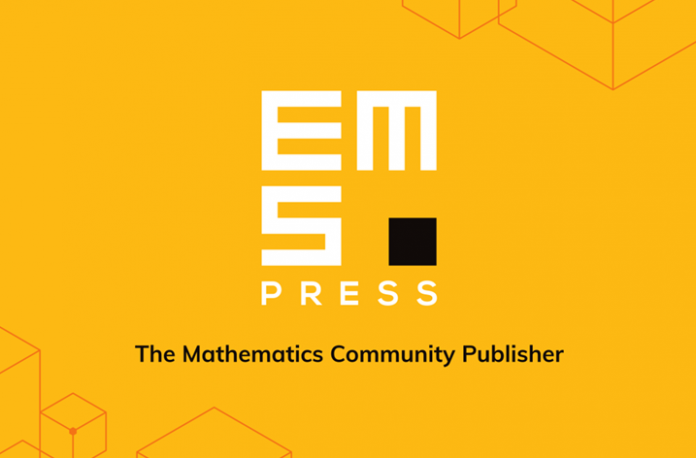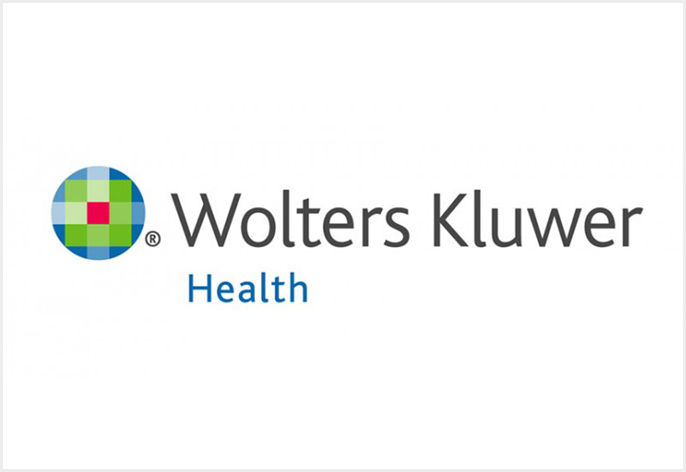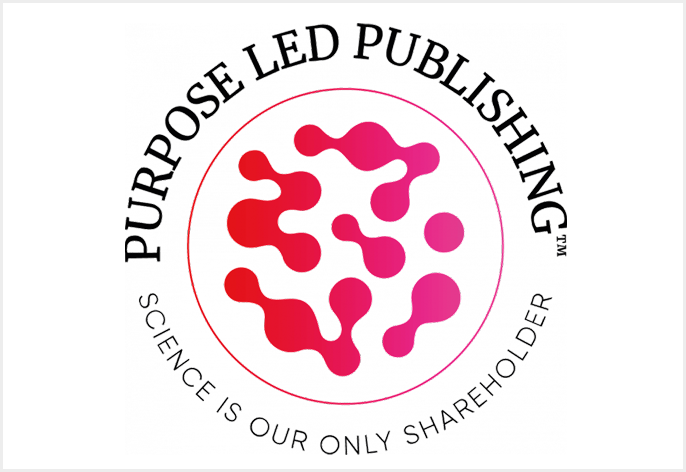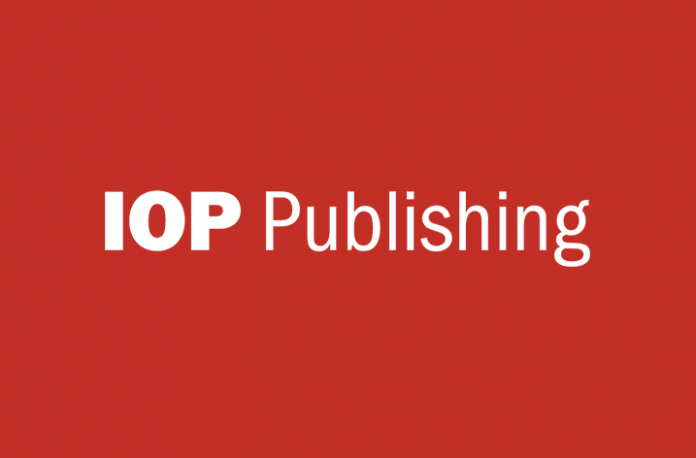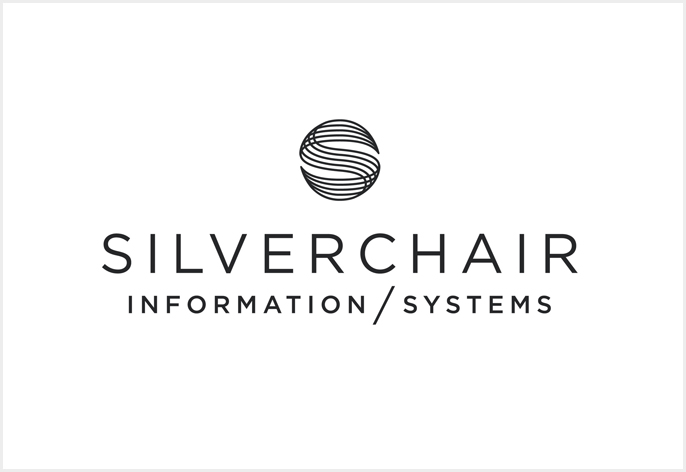A Digital Science investigation into a series of research papers used in a high-profile abortion drug case in the United States has found that the articles breached publication ethics and used unreliable methods.
The published research was considered in Texas federal court in 2023, in the case of Alliance for Hippocratic Medicine, et al vs the Federal Drug Administration. This case, aimed at overturning FDA approval of the abortion drug Mifepristone, will now be heard in the US Supreme Court in March.
Sage Publishing has this week announced that two of the papers used in the court case – published in the journal Health Services Research and Managerial Epidemiology – have been retracted, along with another paper, following an investigation that identified concerns about:
- Conflicts of interest
- Problems with peer review
- Statistical issues
- Lack of academic rigor.
Among the concerns raised by Sage were “fundamental problems” with study design and methodology, “unjustified or incorrect factual assumptions”, “material errors” in analysis, “misleading presentations of the data”, undisclosed conflicts of interest among authors and a peer reviewer, and “unreliable” peer review and study conclusions.
Digital Science has published its own findings in a post on its website. These include comparisons of the research papers used in the legal case, showing they did not match up to the world’s best research in the field, or the top journals publishing that research, identified with the use of Dimensions data. There was also a lack of adherence to academic standards and ethical practices, such as non-disclosure of multiple conflicts of interest among authors.
Dr Leslie McIntosh, Digital Science’s VP Research Integrity, says: “Because of our interest in research integrity, we felt this court case was worthy of further investigation, in which we asked ourselves: How were scientific papers and science presented and used as evidence? When science is incorrectly used – specifically in the case of law – there may be far-reaching consequences.
“What we would have expected: The strongest research on mifepristone, published in quality journals, with rigorous peer reviews and any conflicts of interests described. What we found, however, did not meet these standards.
“If the court system utilizes scholarly articles to establish scientific truths, then it relies on a system that may be vulnerable to influence by stakeholders who aim to advance their agendas rather than advancing impartial science.
“This issue highlights that more must be done to detect and prevent the manipulation or misuse of science and conflicts of interest in the courts.
“Through their diligence, Sage Journals is correcting the scientific record, and I commend them for their integrity.”
For more details about the Digital Science investigation, see the post Science Misused in the Law – A Case Study of the Scientific Articles Cited in the US Mifepristone Court Case.
























